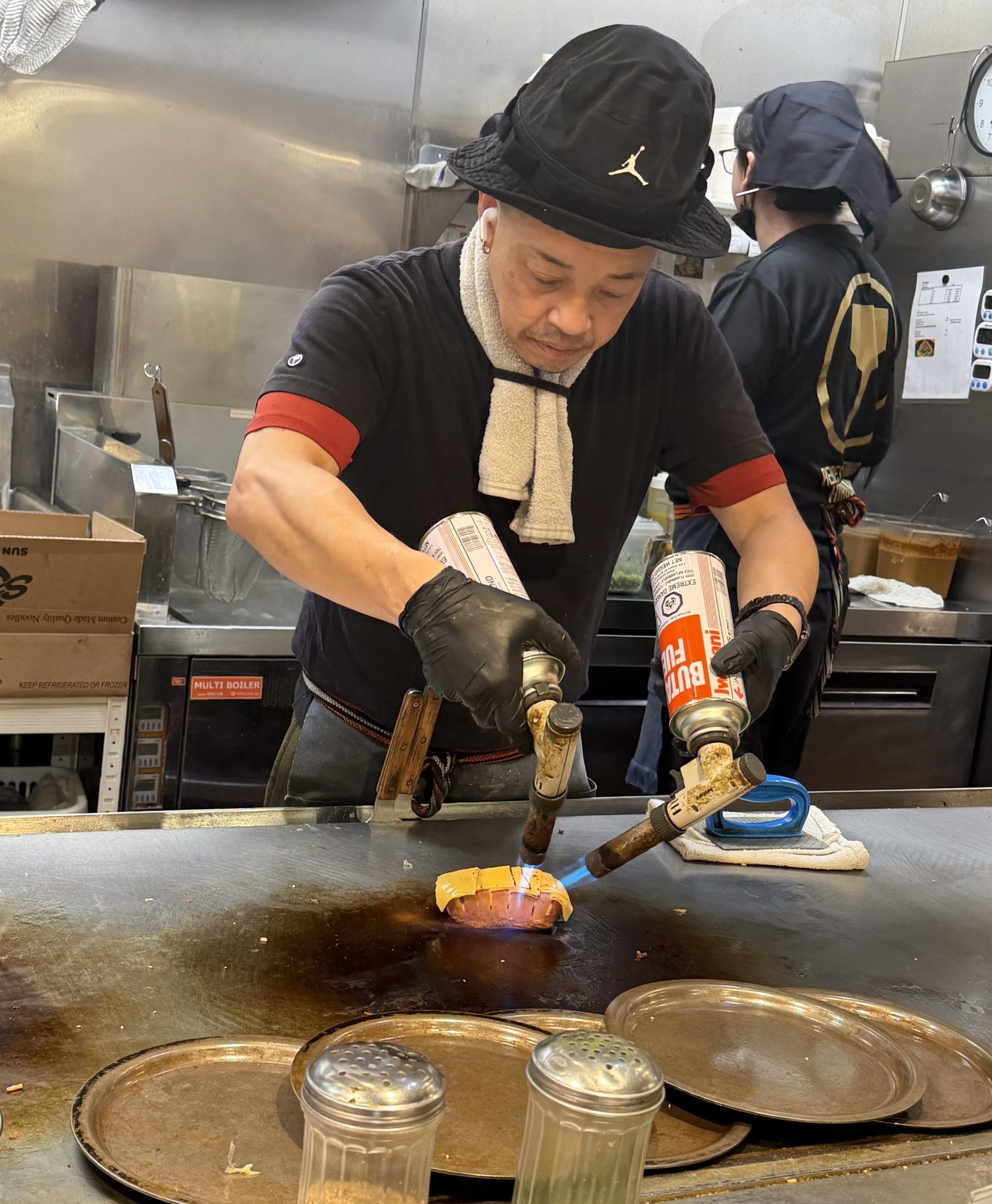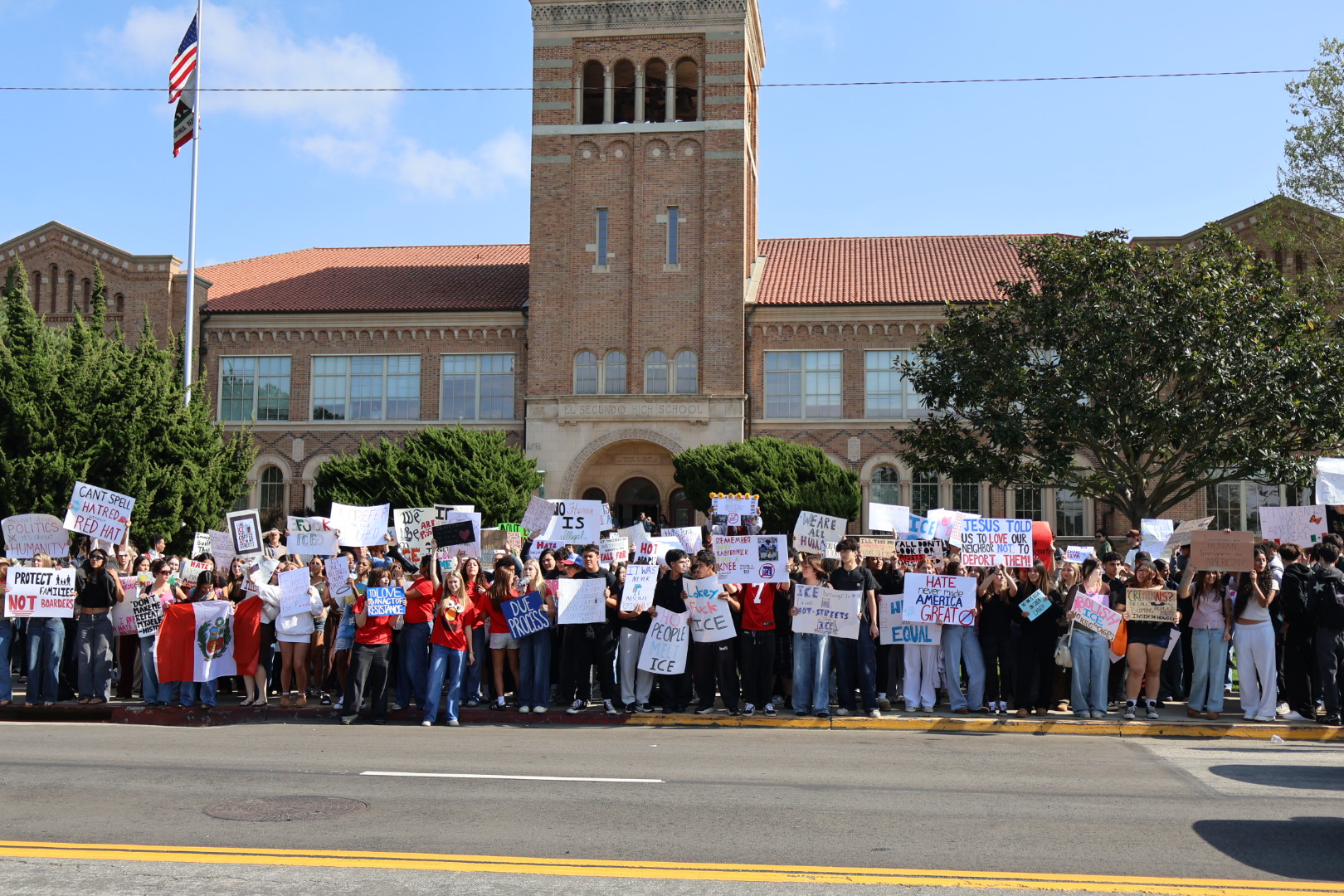
Betsy Butler was largely unknown in the South Bay until she was targeted by a $700,000 smear campaign during last June’s primary. The candidate for the 53 Assembly District’s Democratic Party nomination was described in the 17 mailers sent out over an eight-week period as a pawn of trial attorneys, and the insurance and oil companies. Funding the mailers were insurance companies Anthem Blue Cross, Allstate, and AIG, and oil companies ExxonMobil, Shell Oil and British Petroleum.
The large corporations opposed her for fear, if elected, she would do the bidding of plaintiff attorneys. Butler formerly worked for the Consumer Attorneys of California. Nearly one-quarter of Butler’s campaign contributors have been attorneys (see sidebar on campaign contributions).
But the smear campaign may have backfired. Butler prevailed in the June 8 election over the seven other Democratic Party primary candidates, arguably because of the name recognition she gained from the hit pieces.
To introduce Butler to South Bay voters, Manhattan Beach councilwoman Portia Cohen and Manhattan Environmental Task Force member Heather George recently hosted a Butler fundraiser at Cohen’s home. That event was followed by Hermosa Councilman Howard Fishman and former Hermosa Councilman George Schmeltzer hosting an event at Schmeltzer’s home.
Butler, 46, told the guests at the two events that she lived above the old liquor store at Manhattan Beach Boulevard and Morningside Drive for two years in late 1980s, when she was working for Lieutenant Governor Eugene McCarthy. But for the better part of the 23 years she has lived in the district, she has lived in Marina Del Rey. The 53rd District stretches from Lomita in the south, to Venice and parts of Santa Monica in the north, and east to Torrance, Lincoln Boulevard and the 405 Freeway.
Butler said she has spent all of her adult life working in the public sector.
“I believe in government and that public service can make life better,” she said.
Those values were instilled in her by her father, a banker and Air Force reservist, and her mother, a California Teachers Association employee for three decades.
“I worked for Senator Alan Cranston and Assemblywoman Lucy Killea while I was a student at San Diego State. I wanted to change the world, so my professors told me I should get into politics.”

Butler said those years, and subsequent years with Lieutenant Governor Leo McCarthy and the Clinton Administration’s Commerce Department have prepared her to be an effective state legislator. Butler has also worked for the Environmental Defense Fund, the California League of Conservation Voters and the Consumer Attorneys of California.
“Every one thinks politics is easy. But one person can’t do much. It’s about relationships.
“I’ve worked for women’s groups, gay groups, trial lawyers, and environmental groups. I can call [Berkeley Assemblywoman] Nancy Skinner and [Congresswoman and former Assembly Speaker] Karen Bass because I helped get them elected.
“If you want someone to represent your district, do you want someone who’s never worked in Sacramento?” Butler asked. She described her opponent in the November 2 election, Republican Nathan Mintz, as a divisive personality who sees issues as black or white. Mintz, she noted, founded the South Bay Tea Party.
“Political change doesn’t happen overnight. It’s very gradual, very incremental,” she said.
She described the prospects of a Meg Whitman governorship as “shades of Arnold, all over again,” because of Whitman’s lack of political experience and the relationships formed through political experience.
Throughout her remarks, Butler stressed California’s need for more research and investment in green technology.
“I want people to look back and say, “I remember a time when California wasn’t green.
“Let’s think big, think bold,” she said.
Butler said she recently visited Anheuser Busch’s new warehouse in Carson. The football field-size facility needs to keep temperatures below 45 degrees.
“I asked the manager why they didn’t use solar energy. He said he had just spent $10 million and didn’t have another $3.5 million to make the building solar, even though it would pay off in the long run.”
She said government needs to help private business wean itself off its dependency on coal and oil.
“There are huge employment opportunities in green industries. In California, 70 percent of venture capital is going to green ventures. Worldwide, the number is 40 percent,” she said, citing a recent Los Angeles Times article.
Butler said she favors an oil extraction tax, noting that California is the only oil state that doesn’t have one.
She also said she favors a path to citizenship for working immigrants, even if they entered the country illegally. She repeated former Secretary of State Colin Powell’s observation last month on “Meet the Press” that immigration is “what’s keeping this country’s lifeblood moving forward.”
Butler said she favors term limits but said Sacramento’s learning curve is too steep for six year terms. She would extend term limits to 12 years.
She expressed opposition to Proposition 20, which would transfer redistricting responsibilities from the state legislature to a 14-member, citizens commission because she wasn’t confident the citizens’ commissioner would be competent. Instead, she said she supports Proposition 27 which would leave redistricting responsibilities with the legislature.
She also said she opposes Proposition 19, the marijuana initiative because “I’m against smoking, in general.”
Butler said her two highest priorities are education and safety.
“If we’re not educated and we’re not safe, the state will fail,” she said.
To fix California’s school system she proposed more private-public partnerships, similar to Northrop Grumman’s partnership with the Da Vinci School in Hawthorne. Northrop gave the school $100,000 for a computer lab.
“We all agree the education system isn’t working. We need to find another way. We need to take some risks,” she said.
She underscored the severity of the budget crisis by noting that California’s budget has been cut from $118 billion to $89 billion and that 82 percent of budget allocations are constitutionally restricted.
To address the state’s financial problems, Butler said that the day after she is elected, she will create an economic advisory commission composed of business, labor and environmental leaders. ER








